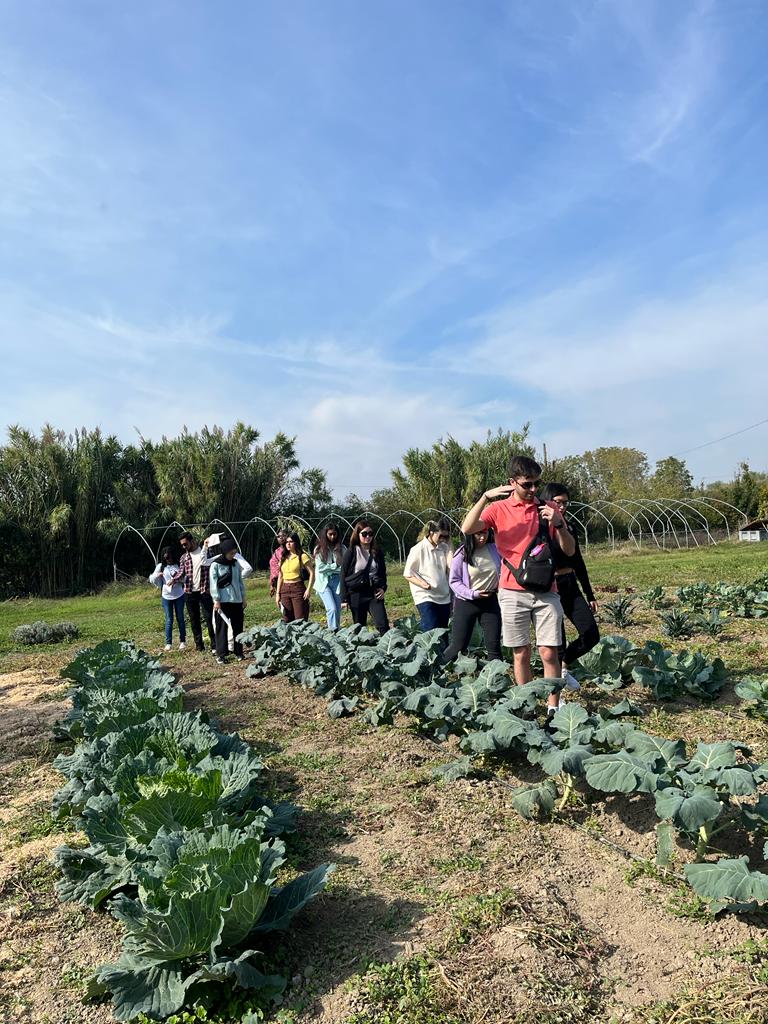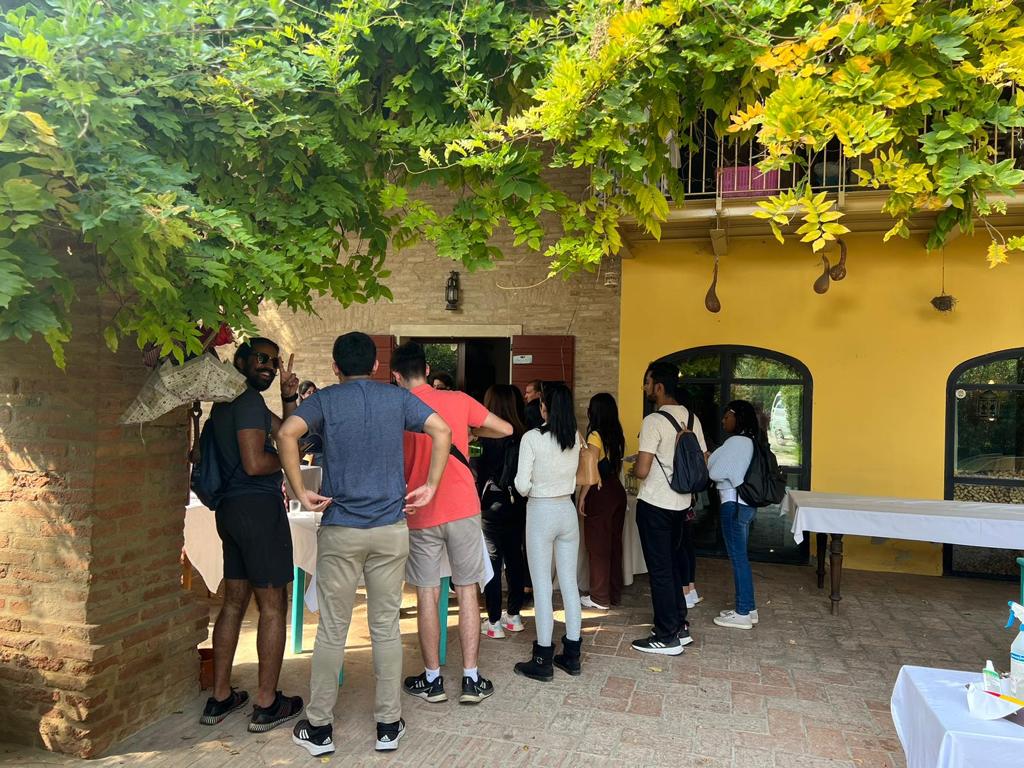Teresa Lobalsamo

Teresa Lobalsamo
Associate Professor, Teaching Stream
Language Studies, University of Toronto Mississauga
“I have found that CEL is fundamental to students’ learning experiences and knowledge gains in my course, Cucina Italiana: Italian History and Culture through Food (ITA235H5). Cucina Italiana is indebted to CEL for the variety of high-touch learning opportunities it offers. Cucina Italiana sees in-class information, on topics ranging from diaspora and heritage to sustainable food practices, come to life as students experience a virtual, interactive workshop with an accredited olive oil sommelier based in Italy; an in-person, guided lecture/demo at Eataly, Toronto; and an international study abroad trip to Italy to visit farming facilities involved in farm-to-table and community-engaged practices.
Teresa Lobalsamo
Community placements are also an integral part of Cucina Italiana and student work shines on a CEL-related project, whether it be working with a local eatery and its proprietor to preserve businesses’ cultural-culinary imprint in the open platform “Mapping Italian-Canadian Foodways,” or working with the UTM Food Centre, and/or the Mississauga Food Bank. By interacting directly with on-site employees and volunteers, students reflect on the history and essentiality of Food Studies, the food industry, and food bank services which, in turn, helps bring to light both the campus and larger community’s current and future needs.
Upon completing their CEL placements, students engage in vibrant discussions about their greatest takeaways and critical incidents (“aha moments”) that inspired learning, on and off site. Their demonstrated commitment to the community and to their own learning yield discussions, assignments, and memories that are always an optimal blend of academic, reflective, and meaningful interactions.”


